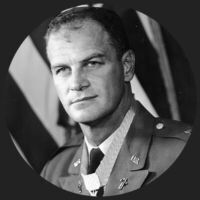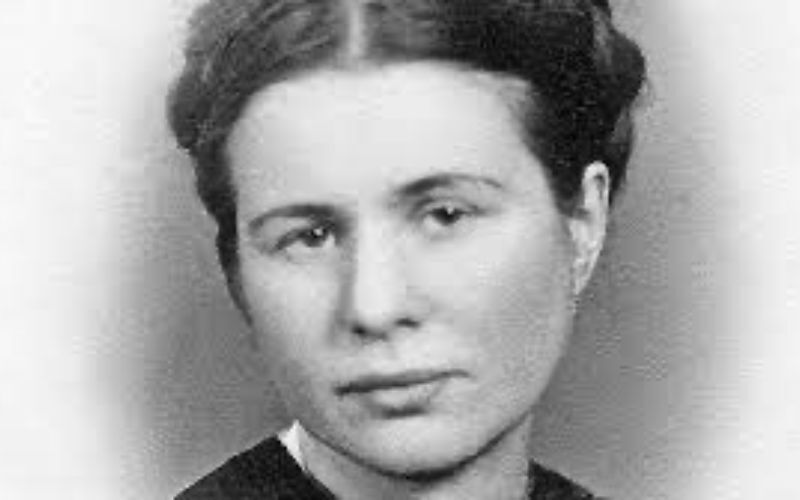Angelo Charles Liteky

They inspire, give comfort and pray for safety.
Throughout America’s history, chaplains have ‘come nigh unto the battle.’
By Lisa Miller
Newsweek
During his tour in Vietnam, Angelo Charles Liteky, a Roman Catholic chaplain, often traveled with the forward line because he thought it was important to know what the boys out front were feeling. That way, when they broke down, he would be better able to persuade them to soldier on. On Dec. 6, 1967, Liteky was near the village of Phuoc Lac when his battalion came under heavy fire. Walking upright through raining bullets, Liteky singlehandedly dragged 20 wounded soldiers to a landing strip so they could be evacuated. “It was strictly compassion,” he tells NEWSWEEK. “We are supposed to grow in love, and when I saw these guys just getting killed all around me, there was nothing for me to do but go and help them.” The next year, President Lyndon Johnson gave Liteky the congressional Medal of Honor.
History’s battlefields have almost always held a place for men and women of God—someone to inspire and give comfort, give parents and fiancées the bad news, file forms, educate, pray for safety and, failing that, safe passage. Deuteronomy 20:2-4 says, “And it shall be when ye are come nigh unto the battle, that the priest shall approach and speak unto the people.” In America, the role of military chaplain has, in the past 250 years, grown from ad hoc—the village pastor who fought with the boys in his congregation—to bureaucratic. But from the start, the job has had inherent tensions: To whom does the chaplain ultimately report? To the troops who need guidance? The government that pays the bills? God? And in the hell of war, how does a chaplain hold on to faith?
George Washington thought chaplains belonged in the military and he wrote 50 letters saying so; in 1775, Congress approved funding. Almost immediately, though, the position raised ethical and constitutional questions. In his “Detached Memoranda,” James Madison worried that military chaplains might violate the Establishment Clause.
In the 1840s, a group of Protestants from Tennessee wrote a letter to the secretary of War, saying they didn’t want their tax dollars to pay for a Catholic chaplain—and as the diversity of the U.S. troops grew (black and Jewish chaplains joined the military in the Civil War), so did these tensions. Two years ago, the Air Force had to issue a statement saying it didn’t prefer one religion to another after staffers complained of proselytizing by evangelicals; in 2004, General William G. Boykin was reprimanded for making anti-Muslim remarks.
On a frigid night in 1943, the U.S. transport ship Dorchester was sailing near Greenland when it was hit by a torpedo from a German sub. Among the dead were four chaplains—two Protestants, a Catholic and a Jew—who gave their own life jackets to men on deck. They could be heard praying together as the massive ship slipped under water, and their sacrifice and compassion became the stuff of legend.
As for Liteky, his own struggle with faith continues. In 1975, he gave up the priesthood; 10 years later, he gave back his medal in protest over U.S. policies in Central America. Now, at 76, he’s a pacifist and he’s renounced his religion: “I couldn’t continue to worship a God that I thought was an angry God, or a punishing God. I haven’t found another one yet.” When he finds one that will help him “grow in love,” perhaps he will.
With Sarah Childress, Sarina Rosenberg and John Barry
© 2007 Newsweek

